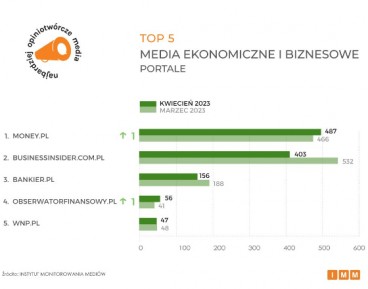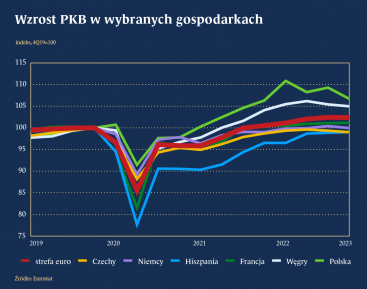The past week has been full of economic events, such as:
1. The report of the Congressional Budget Office (CBO) on the budget outlook.
2. The president’s State of the Union address.
3. The defeat in the Senate of the proposal for the formation of a budget commission to recommend ways of reducing the deficits and eventually the debt.
4. The preliminary GDP figures for the fourth quarter of 2009.
5. The government’s budget request for fiscal year 2010.
The CBO estimated that the deficit will improve slightly in 2010 due to economic improvement and lower costs for bailouts of the financial industry. The debt will continue to grow, however, reaching 67% of GDP in 2020. Interest payments will more than triple by 2020, to $729 billion, representing 3.2% of GDP. This is a devastating outlook, since it would mean that the United States would be over-indebted to such an extent over the next ten years that not only would interest payments require additional borrowing just to pay them, the traditional prelude to bankruptcy, but the private sector would be essentially crowded out of access to credit. The CBO’s estimates are based on average GDP growth over the period of 3%, with unemployment gradually declining from 10% to 5%. Unrealistically, the CBO report assumes that inflation will remain low.
The president’s State of the Union address was considered by almost all commentators as a non-event from all standpoints. As to the economy he recommended some minor steps be taken to assist small business to hire more workers, but as with the „cash for clunkers” program last year, such a measure might reduce unemployment slightly but is unlikely to have a long-term effect.
The Senate’s rejection of the idea of creating a commission, the recommendations of which would have to be voted up or down without amendment, was predictable, despite actually receiving a majority of votes, but not the 60% necessary to pass anything in the Senate (The number of votes necessary to invoke „cloture”, that is, limit debate). The proposal was based on the past experience of a military base-closing measure that couldn’t be passed until such a commission was founded. The president has said he will name his own deficit-reduction commission to make recommendations, but its proposals could only be introduced in the Congress under the normal rules; that is, with unlimited amendments.The administration would not, in fact, even have to submit the recommendations to Congress.
The preliminary GDP figure for the 4th Quarter 2009, 5.7%, seems like good news, and confirms that the economy emerged from recession in the third quarter, after declining for five of the six preceding quarters.
Two things need to be said about this–revisions of preliminary GDP figures tend to be large and a substantial jump in GDP is normal for a recovery cycle. It should be noted that even with this increase, GDP is well below what it was in mid-2008 and effect on employment is likely to be slight or nonexistent.
The government’s budget for the next fiscal year involves a huge deficit and no clear plan to deal with it. It assumes a freeze on discretionary spending, excluding defense and homeland security. (Discretionary spending is that which is not mandated by law, which means that social security, Medicare, Medicaid and interest payments on the federal debt, among others, are excluded.) In other words, about an eighth of the budget would be affected and it should be noted that it would be a freeze, not a reduction. In addition, nothing prevents Congress from increasing discretionary spending if it decides to do so.
All in all, the week’s economic news, except for the fourth quarter 2009 GDP growth (if future adjustments confirm a figure of approximately that amount) is all negative, both in terms of the near and in terms of the long-term health of the country. It also foreshadows the already obvious reduction of U.S. influence in the world, as evidenced by the startling increase in Chinese assertiveness in the political, military and intelligence fields.


















